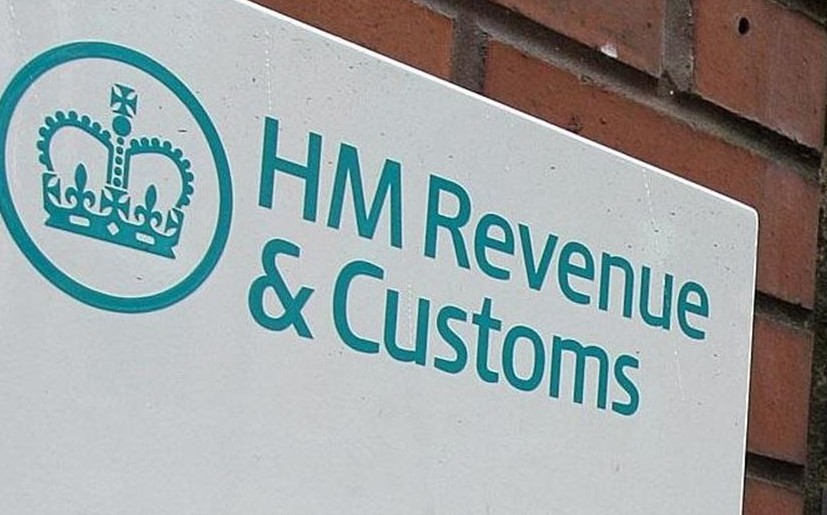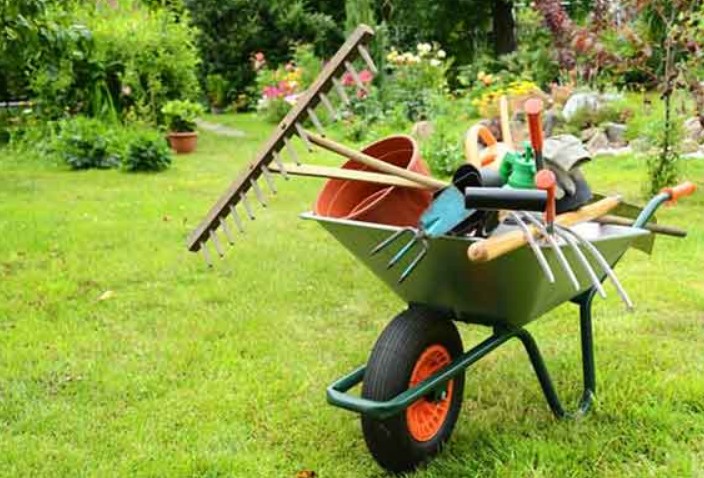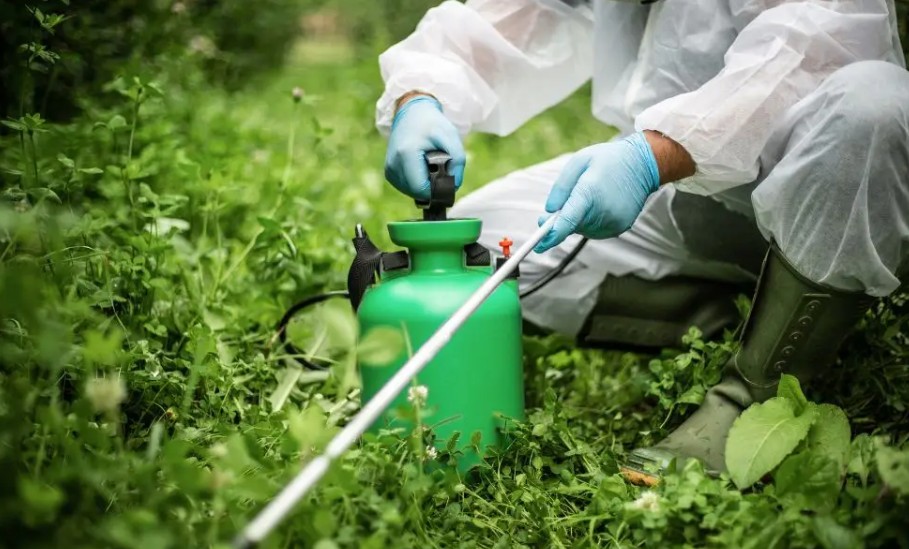Legal Requirements & Licenses Required For Gardening Business in UK
Last Updated on
Understanding the Legal Requirements for Starting a Gardening Business in the UK
Starting a gardening business in the UK requires a thorough understanding of various legal obligations. Compliance with these requirements not only ensures the smooth operation of your business but also helps in avoiding potential legal issues. The legal landscape for gardening businesses encompasses everything from business registration to health and safety regulations, environmental protection, and taxation. This guide provides a comprehensive overview of all the legal aspects you need to consider.
Registering Your Gardening Business
Choosing the Right Business Structure
The first step in setting up your gardening business is deciding on the appropriate business structure. Common structures include sole trader, partnership, or limited company. Each has its own legal implications, tax obligations, and levels of personal liability. For a sole trader or partnership, personal assets are at risk if the business fails, whereas a limited company offers limited liability protection but involves more regulatory compliance.
Registering with HM Revenue and Customs (HMRC)

Once you’ve chosen your business structure, you must register your business with HMRC. As a sole trader, you need to register for Self Assessment tax returns. If your business is a limited company, it must be registered with Companies House, and you will need to comply with corporation tax regulations. Additionally, you may need to register for VAT if your turnover exceeds the VAT threshold.
Obtaining Necessary Permits and Licenses for Gardening Activities
Depending on the nature of your gardening services, you may require specific permits or licenses. For example, if you plan to offer tree surgery or use pesticides, you will need relevant certifications such as a Chainsaw License or Pesticide Application License. Local councils may also require you to obtain permits for certain activities, especially if you are working on public land or protected areas.
Insurance Requirements for Gardening Businesses
Public Liability Insurance
Public liability insurance is essential for any gardening business. It covers you in case a client or member of the public is injured or their property is damaged as a result of your work. This insurance is crucial, as accidents can happen, and without it, you could be liable for significant compensation claims.
Employers’ Liability Insurance
If you employ staff, even on a part-time or temporary basis, you are legally required to have employers’ liability insurance. This insurance covers you if an employee becomes ill or is injured due to their work for you. Failure to have this insurance can result in substantial fines.
Tools and Equipment Insurance

Gardening often involves the use of expensive tools and equipment. Tools and equipment insurance protects you against the loss, theft, or damage of these items. This insurance ensures that you can quickly replace essential tools, minimizing downtime and financial loss.
Professional Indemnity Insurance
If you provide advice or design services as part of your gardening business, professional indemnity insurance is advisable. It covers you if a client claims that your advice or services were inadequate or caused them financial loss. This type of insurance is especially important if you are involved in landscaping design or consultancy.
Health and Safety Regulations for Gardening Businesses
Compliance with Health and Safety at Work Act 1974
Gardening businesses must adhere to the Health and Safety at Work Act 1974. This legislation requires employers to ensure the health and safety of their employees and the public. You need to implement appropriate safety measures, provide training, and maintain safe working conditions.
Risk Assessment and Management
Conducting regular risk assessments is a legal requirement. You need to identify potential hazards in your work environment, assess the risks, and implement measures to control or eliminate them. This includes ensuring that all tools and equipment are safe to use, and that your employees are trained in their operation.
Safe Use of Equipment and Chemicals
If your business involves the use of machinery, tools, or chemicals, you must follow strict safety protocols. This includes providing protective gear, training employees on the safe use of equipment, and ensuring the safe storage and disposal of chemicals. Compliance with the Control of Substances Hazardous to Health (COSHH) regulations is mandatory.
Environmental Regulations Impacting Gardening Businesses
Waste Management and Disposal Requirements
Gardening businesses must comply with environmental regulations concerning waste management. This includes the proper disposal of green waste, chemicals, and other materials. You may need to register as a waste carrier if you transport waste as part of your business operations.
Pesticides and Chemicals Compliance

The use of pesticides and chemicals is highly regulated in the UK. You must ensure that any products you use are approved and that you hold the necessary certifications to apply them. Additionally, you must follow guidelines for the safe storage, application, and disposal of these substances to protect the environment and public health.
Environmental Protection and Sustainability Practices
Implementing environmentally friendly practices is not only good for the planet but can also enhance your business reputation. This includes using sustainable materials, reducing waste, and minimizing your carbon footprint. Compliance with the Environmental Protection Act 1990 is essential for all gardening businesses.
Employment Laws for Gardening Businesses
Legal Requirements for Hiring Employees
When hiring employees, you must comply with UK employment laws. This includes conducting right-to-work checks, providing written employment contracts, and adhering to statutory requirements such as holiday entitlements, working hours, and pension contributions.
Employment Contracts and Rights
Every employee must have a written contract outlining their terms of employment. This contract should include details of their job role, salary, working hours, and any benefits they are entitled to. You must also respect employees’ rights, including the right to fair treatment, equal pay, and protection against unfair dismissal.
Ensuring Compliance with Minimum Wage Regulations
You must pay your employees at least the National Minimum Wage or National Living Wage, depending on their age and status. Failing to do so can result in legal penalties and damage to your business reputation.
Data Protection and Privacy Laws
Handling Client Information Under GDPR
If you collect and store client information, you must comply with the General Data Protection Regulation (GDPR). This includes obtaining consent to collect data, ensuring data is securely stored, and not sharing it without permission. You must also allow clients to access their information upon request.
Securing Data and Maintaining Confidentiality
Implementing robust data security measures is essential to protect client information. This includes using encryption, secure storage systems, and ensuring that only authorized personnel have access to sensitive data. Breaches of confidentiality can lead to legal consequences and loss of client trust.
Taxation Requirements for Gardening Businesses
Understanding Business Taxes: VAT, Corporation Tax, and Income Tax

Your tax obligations will depend on your business structure. Sole traders and partnerships must pay income tax on their profits, while limited companies are subject to corporation tax. If your turnover exceeds the VAT threshold, you must also register for VAT and submit regular returns.
Keeping Accurate Financial Records and Filing Returns
Maintaining accurate financial records is a legal requirement. You must keep records of all income, expenses, and tax payments. These records are essential for completing your annual tax returns and for any potential audits by HMRC. Failing to keep proper records can result in fines and other penalties.
FAQ Section
1. What specific licenses do I need to start a gardening business in the UK?
Licenses may include a Chainsaw License, Pesticide Application License, and local council permits for specific activities.
2. Do I need special insurance for a small gardening business?
Yes, essential insurances include public liability insurance, employers’ liability insurance (if you have staff), and tools and equipment insurance.
3. How do environmental regulations affect my gardening business?
You must comply with waste management, pesticide use, and sustainability practices to adhere to environmental laws.
4. What health and safety measures should I implement in my gardening business?
Implement safety protocols for equipment use, conduct risk assessments, and comply with the Health and Safety at Work Act 1974.
5. Are there specific tax obligations unique to gardening businesses?
While tax obligations are similar to other businesses, ensuring compliance with VAT, income tax, or corporation tax is crucial based on your business structure.







